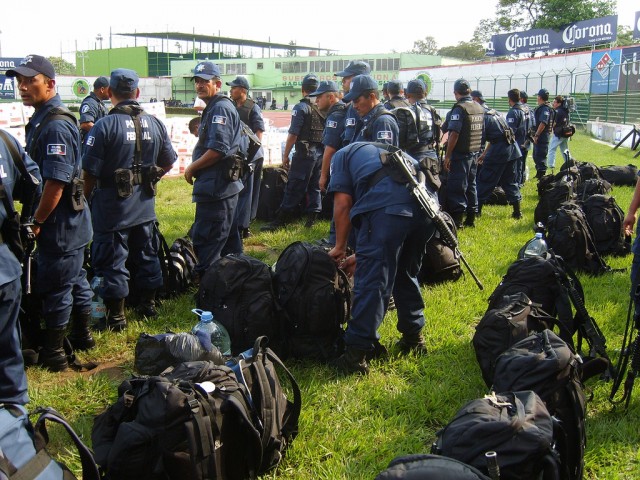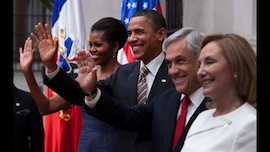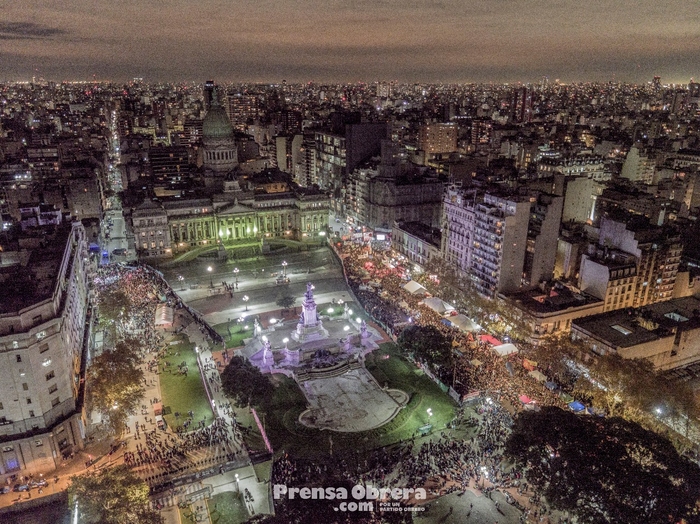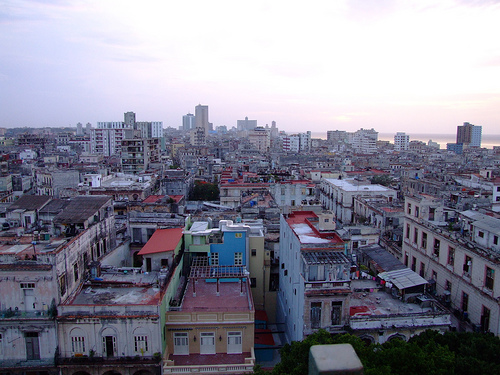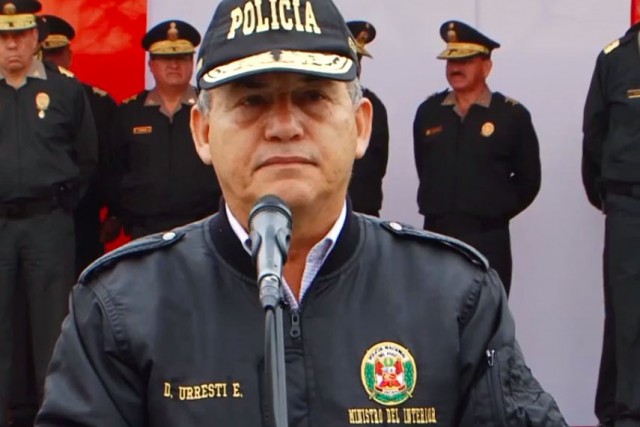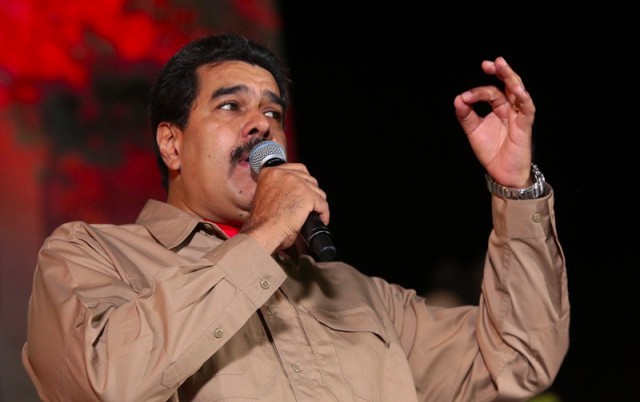
Latin America: Week in Review, Venezuela
Venezuela Orders U.S. to Slash Number of Diplomats
March 3, 2015 By Staff
The Venezuelan government has given the United States two weeks to cut the number of U.S. diplomats in the country from 100 to 17, Venezuelan Foreign Minister Delcy Rodriguez announced on Monday. The order follows a speech by President Nicolás Maduro’s on Saturday, in which he declared that several U.S. politicians — including former President George W. Bush and former Vice President Dick Cheney — are banned from entering Venezuela, and that U.S. tourists would henceforth have to apply for visas to gain entry into the country.
“They can’t come to Venezuela because they’re terrorists,” Maduro said at a rally on Saturday, referring to the entry ban for Bush and other U.S. politicians. “Out of here, terrorists.”
Maduro announced during the rally that tourists from the United States wishing to visit Venezuela would have to apply for visas, and would have to pay the same amount as Venezuelan tourists have to pay for U.S. visas. In February, the U.S. government placed travel restrictions on Venezuelan officials suspected of corruption and human rights abuses, as well as members of the officials’ families. The restrictions marked a moment of heightened animosity between the two countries, which have not exchanged ambassadors in five years.
Venezuela is currently suffering from an economic downturn, due to a global slump in oil prices. The sale of crude makes up about 95 percent of the Latin American country’s export earnings.
North America
- Mexico has argued that three fatal police shootings of Mexican nationals in the United States in the past month “cannot be seen in an isolated manner,” and has urged the U.S. Department of Justice to monitor the investigations into the shootings.
- Mexican President Enrique Peña Nieto said his country suffers from “incredulity and distrust,” according to an exclusive interview with the Financial Times, acknowledging that Mexico needs to focus on law reform if its economic programs are to work.
Caribbean
- A U.S. agricultural delegation visited Cuba on Monday for business talks, and urged the U.S. Congress to lift the trade embargo — a demand made regularly in the past by members of the U.S. agricultural industry, who would stand to benefit from the fact that Cuba imports up to 70 percent of its food.
- Cuban socialite Natalia Revuelta Clews, a long-time supporter of Cuba’s revolution and of former President Fidel Castro — with whom she had a child — died Friday at the age of 89, her caretaker announced Monday.
Central America
- U.S. Vice President Joe Biden traveled to Guatemala on Monday to meet with regional leaders, with whom he will discuss economic development, income inequality and efforts to curb human trafficking — goals linked to the $1 billion in aid President Obama’s administration has requested for Central America.
- While the international attention El Salvador has received regarding its prohibitive abortion laws has helped exonerate some women and put pressure on lawmakers, there is still “much work to be done,” according to an op-ed in the New York Times, that urges El Salvador to overhaul its abortion laws.
Andes
- Panamanian soccer player Luis Tejada, who plays for Peruvian club Juan Aurich, walked off the field in the middle of a game on Sunday in protest of racist abuse from the stands, highlighting the serious problem of racism in South American soccer.
- Venezuela dismantled the police force of Maracaibo — the country’s second-largest city — due to suspected links to organized crime, though members of the force decried the move as “arbitrary” and politically motivated.
- Colombian President Juan Manuel Santos announced he will prevent U.S. extradition of FARC leaders, and instead will work with the United States to find a solution, mentioning the possibility of house arrest.
Southern Cone
- As taps continue to run dry in São Paulo amid a historic drought, many residents have come to rely on mineral-water delivery to fill their basic needs, thus increasing the number of men who work in the dangerous job of bicycle delivery.
- Although they dreamed of freedom during more than a decade of imprisonment in Guantánamo Bay, the six former detainees who resettled in Uruguay last December have faced myriad problems in adjusting to life in their new homes, according to exclusive interviews conducted with the men by The Associated Press.
- Deforestation rates have dropped significantly in parts of Brazil after police arrested Ezequiel Antônio Castanha last week, dubbed by the local media the “king of deforestation,” whose gang was responsible for as much as 10 percent of deforestation last year in Brazil’s Amazon region.
Image: Venezuelan government, public domain
